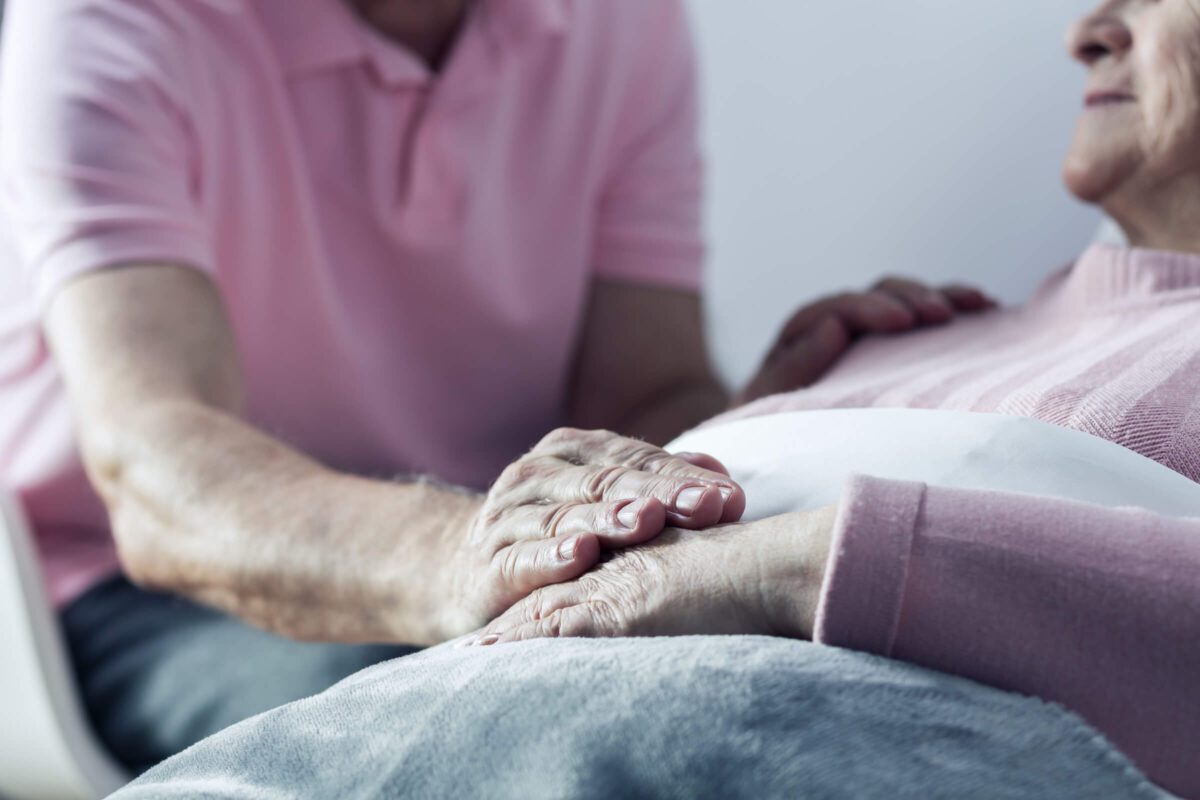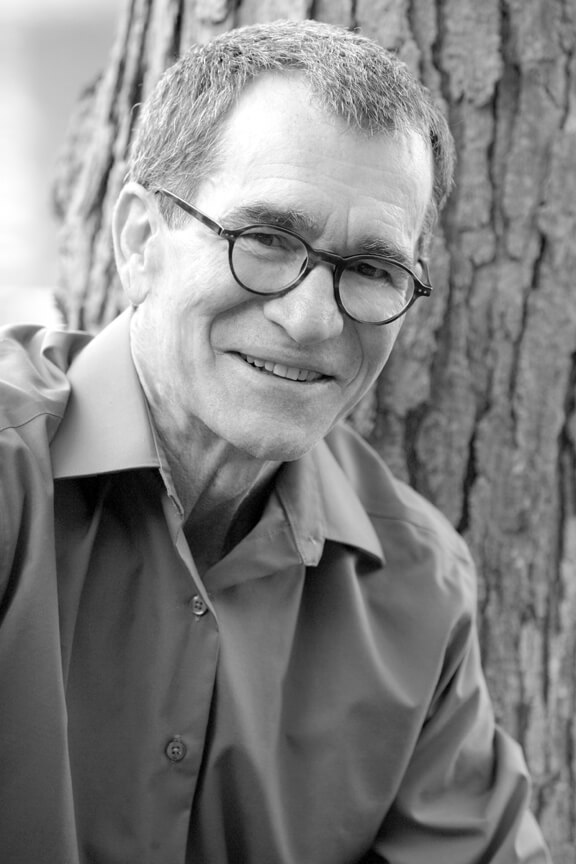
As hospitals, hospices, and assisted-care facilities strive to meet new requirements for providing palliative care, they need staff members who are well trained in end-of-life issues. To address this growing demand, the University of Wisconsin-Madison is launching the End of Life Compassionate Care Certificate, which will prepare social workers, counselors, ministers, nurses, hospital and hospice personnel, nursing home workers, and even nonprofessional friends and family members to help people in the final phases of life.

The certificate involves five daylong sessions on the UW Pyle Center on March 15-18 and April 14, 2018. Experienced instructors will cover such topics as the rights of the dying, the needs of terminally ill children and adolescents, and ethics and boundaries.
“Although hospitals, hospices, and assisted care facilities are familiar with palliative care medicine, their staff is rarely trained in palliative care counseling,” says instructor Doug Smith, a veteran of hospice work and the author of The Complete Book of Counseling the Dying and the Grieving. “The major challenges facing people in health care today center on expressing personal care in a medical setting that is getting increasingly technological.”
The End of Life Compassionate Care Certificate emphasizes practical tools. Participants will learn effective ways to discuss end-of-life issues; develop strategies for managing family conflict at the end of life; apply ethical standards to case studies; and study spiritual and cultural issues related to people approaching the end of life. In the final session, they will present personal projects and create an action plan for using their new skills.
Along with Smith, the instructors include Susan Dolan, a registered nurse, attorney, and end-of-life adviser; child and family therapist Molly Tomony; life coach Jara Ríos-Rodríguez; and Terry Kaldhusdal, director of Consider the Conversation: A Documentary on a Taboo Subject. The instructors have extensive experience in working with the dying and will share case studies, techniques, and stories from their own lives.
A personal touch
While several organizations offer certificates in working with the terminally ill, the End of Life Compassionate Care Certificate is unique in drawing on the expertise of a major university. The program will help participants cultivate a personal touch that’s all too rare in today’s health care settings.
“This program equips people in the health care industry to complement high tech with ‘high touch’ verbal and physical expressions, emphasizing the right to be in control, the right to have a sense of purpose, and the right to have beliefs and values respected,” Smith says.
Learn more or register for End of Life Compassionate Care Certificate. Director Barbara Nehls-Lowe can answer questions at barbara.nehlslowe@wisc.edu or 608-890-4653.